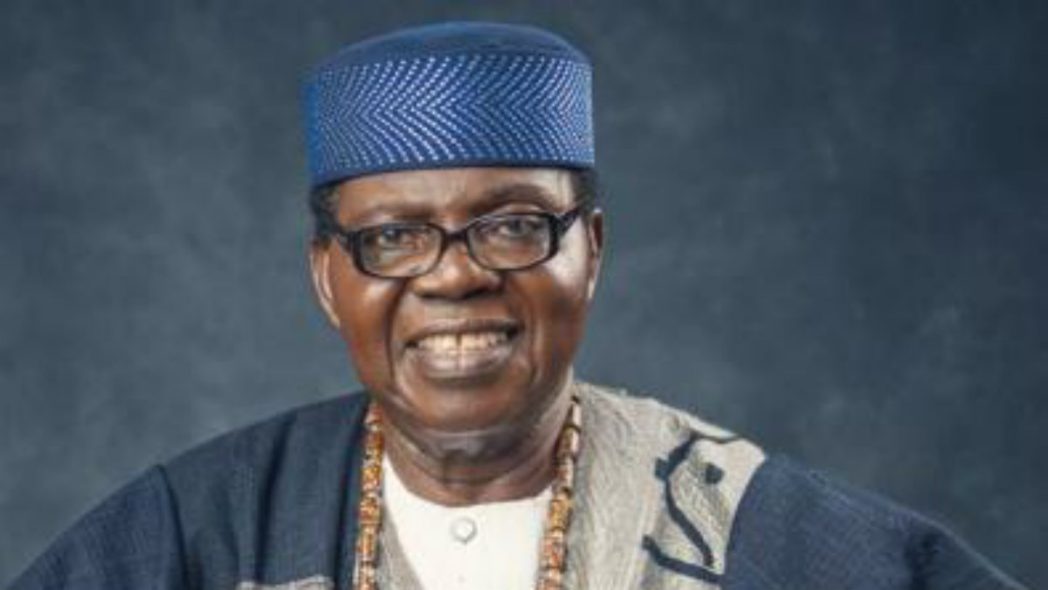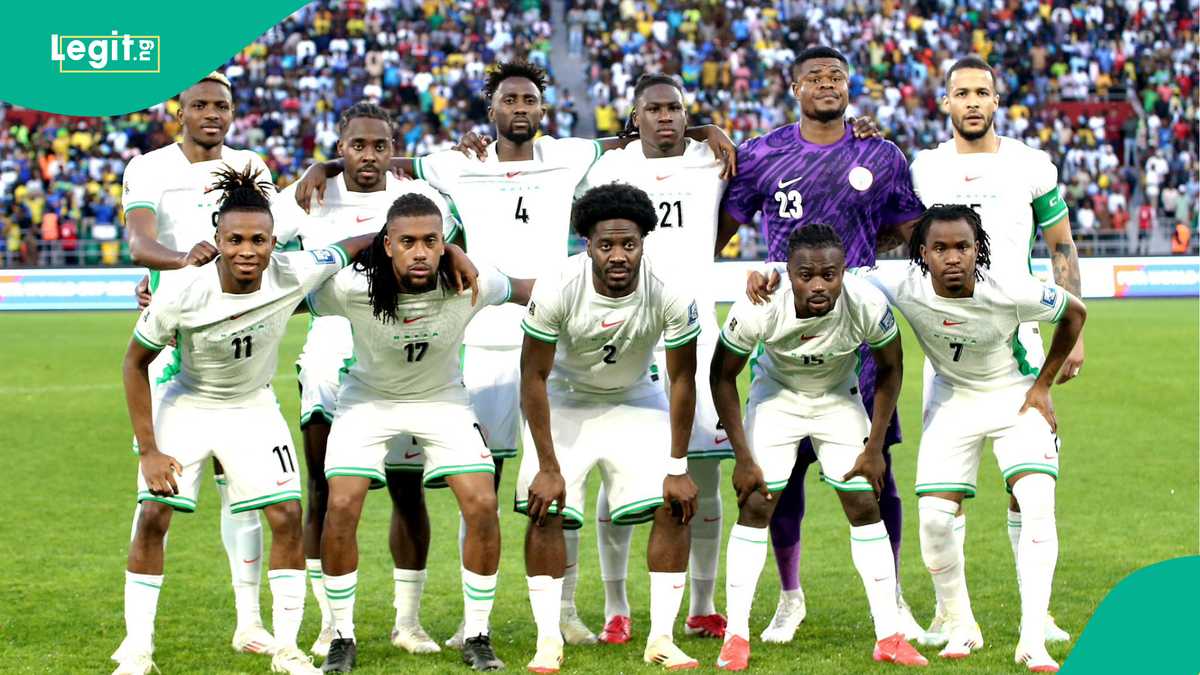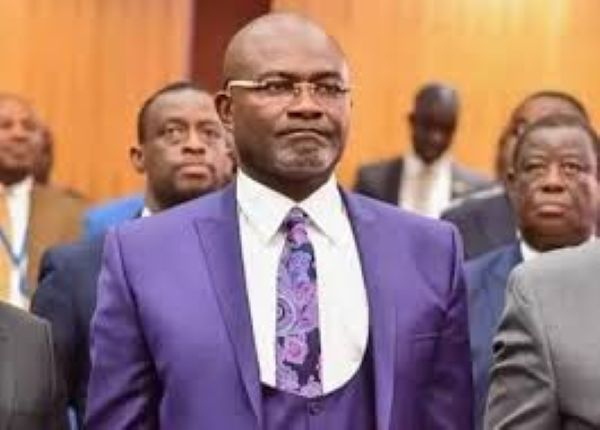TESCON to Spearhead NPP's 2028 Comeback, Agyapong Vows Amid Call for Unity
Addressing a packed Freshers’ Orientation event at the College of Health and Well-Being in Kintampo on Saturday, Agyapong struck a conciliatory yet resolute tone, urging party loyalists to channel energy into rebuilding rather than recrimination after the NPP’s 2024 electoral defeat.
“The NPP will not surrender. We will fight to reclaim power, but this begins with honesty,” Agyapong told the gathering of students and party youth, acknowledging missteps during the party’s recent tenure. “Yes, we neglected our youth base—the very TESCON members who once filled ministerial roles. But this is a rebirth. Let Kintampo mark the start of that renewal.”
His speech blended introspection with rallying cries, emphasizing unity as non-negotiable. “Blame games won’t resurrect our fortunes. We need one voice, one mission,” he asserted, positioning TESCON—the NPP’s student wing—as the vanguard of this revival. The confederacy, pivotal in mobilizing grassroots support, has historically been a talent pipeline for the party, though critics argue its influence waned amid internal factionalism and resource gaps in recent years.
Agyapong, who narrowly lost the NPP’s 2023 presidential primaries to Vice President Mahamudu Bawumia, stopped short of directly critiquing current leadership but hinted at a need for structural overhauls. “I pledge to fund TESCON’s activities if the national party cannot,” he announced, a nod to longstanding grievances over inadequate support for student campaigns.
Central to his appeal was a call for intra-party democracy. “Members must express views freely, without fear,” he insisted, indirectly addressing claims of suppression under prior administrations. His remarks resonate with younger factions who have accused the NPP’s old guard of sidelining dissent—a tension that deepened after the party’s 2024 loss to the National Democratic Congress (NDC).
Political analysts view Agyapong’s TESCON-focused strategy as both pragmatic and symbolic. By courting students, he taps into a demographic crucial for voter mobilization and digital campaigning, while distancing the party from perceptions of elitism. Yet challenges loom: the NPP must reconcile internal divides, particularly between Agyapong’s populist base and the Bawumia-aligned technocrats, to present a cohesive front.
While Agyapong’s optimism electrified the Kintampo crowd, skepticism lingers. The NPP’s defeat—attributed to economic discontent and unfulfilled promises—has left scars. TESCON’s revival hinges not just on funding but on tangible policy engagement, argues Kwesi Pratt, a political commentator. “Students want more than rallies; they want their ideas shaping manifestos,” he noted.
For now, Agyapong’s message is clear: the NPP’s path back to Jubilee House runs through lecture halls, not just backroom deals. Whether this vision unites or further fractures the party remains to be seen. But as one TESCON member put it, “Agyapong’s bluntness is a rallying cry. We’re tired of losing—it’s time to fight smarter.”
TESCON, founded in 1992, has been instrumental in galvanizing youth support for the NPP across Ghana’s universities. Its influence peaked during the 2016 and 2020 elections but faced criticism over alleged inactivity and resource constraints post-2020.
Follow on Google News











